As a boy I would spend much of the summer holidays staying with my grandparents. It was always a splendid time. I would sit with my grandfather early in the morning and drink morning Camp Coffee while he smoked his pipe. I still remember the smell of the Condor Tobacco as he told me stories of his life. In some way I think telling his story was about beginning to write my story.
Author: revivewa
 Sick of turning the other cheek? Dianne Jensen explores what it means to forgive and to be forgiven.
Sick of turning the other cheek? Dianne Jensen explores what it means to forgive and to be forgiven.
Rev Julie Nicholson is known worldwide as the vicar who couldn’t forgive. The Anglican priest stepped down from her position because she was unable to forgive the suicide bomber who had murdered her daughter at Edgware Road tube station in London in July 2005. She could no longer speak the words of reconciliation which were fundamental to her role.
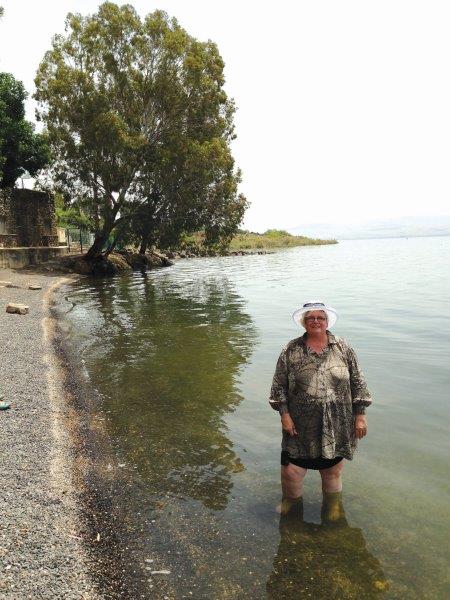
When I told people I was going to the Holy Land, those who had already been there told me I would never be the same again. In Israel, I was where Jesus was – where he was born, walked, talked, taught, healed, preached, died and rose again. The experience was real and surreal: collapsing 2000 years of history from Jesus’ human life on this earth into 21st century Israel.
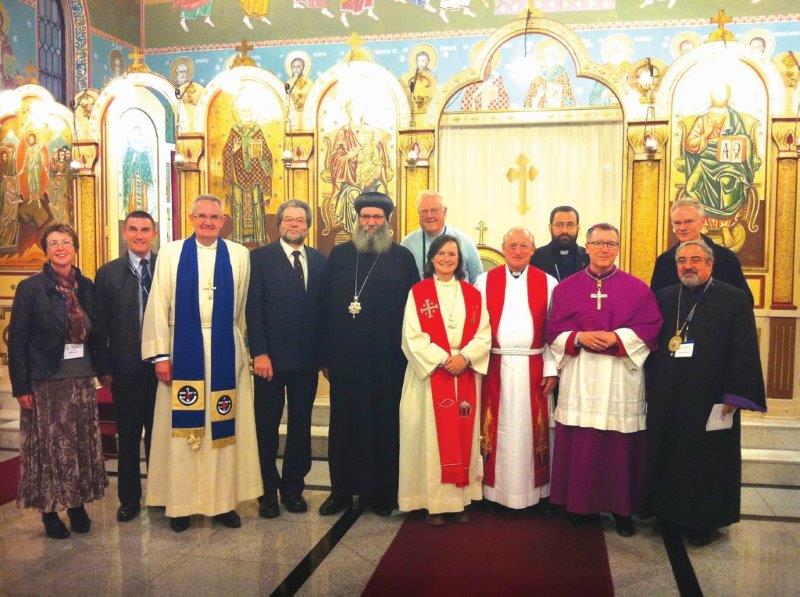
Australian churches have agreed to pray in solidarity with persecuted people in the Middle East at the recent National Council of Churches in Australia (NCCA) Forum held this past July in Melbourne. Delegates attended the Forum from the Uniting Church in Australia and a range of other denominations including Catholic, Anglican, Lutheran, Indian Orthodox and Coptic Orthodox traditions.
‘Would you tell me, please, which way I ought to go from here?’
‘That depends a good deal on where you want to get to,’ said the Cat.
‘I don’t much care where –‘ said Alice.
‘Then it doesn’t matter which way you go,’ said the Cat.
Hmmm. I wonder what seven-year old Alice Plausance Liddell made of this story during a picnic on the river at Oxford, 151 years ago, when told them by her devoted Christian friend, Charles Lutwidge Dodgson? I wonder what we make of them now, as we read them again from that much loved story ‘Alice’s Adventures in Wonderland’, written by Dodgson under his pen name, Lewis Carroll?
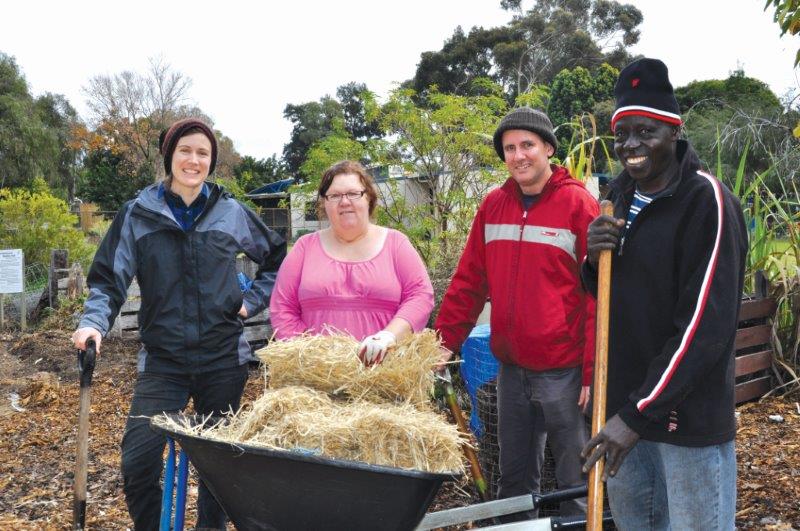
While many Christians intentionally live their lives in the way of Jesus, Open Table build on that, as a group who seek to live as an intentional Christian community. In the Perth suburb of Lockridge, the group pray together, dine together weekly and not only support local community, but are helping to create it. The group consists of three families, including a number of children. One of these families is currently away overseas, and one more is on the way to joining.
One night as I drove home, I heard an interview with Margaret Heffernan about her then new book, Wilful Blindness. As she explained the premise of her book it occurred to me that we, the church, suffer from this phenomena. Wilful blindness can be seen in marriages (why did she never ask about all those business trips?), in hospitals (why did he skip his check-ups?) and in boardrooms (why did nobody question those deals?). Indeed it can be seen in every walk of life. And I think it explains what’s going on in the church.
For over two decades researchers from the National Church Life Survey, among others, have been telling us that unless we change drastically, church decline will become terminal by around 2020. The researchers were vilified when their first results were published and yet, with very few exceptions, mainline Christian denominations in Australia, the UCA included, have continued to age and decline. And we’re still not doing anything significant about it.
Yes, we talk about it a lot. We tinker around the edges of worship; we even talk the language of emerging church and fresh expressions. But we continue to do what we’ve always done but with fewer and fewer people, and little or no hope. We continue to behave like a church that is considerably bigger and more influential than it is; we continue to place almost all our time and energy and resourcing on Sunday worship despite the fact that we know that any newcomers are most likely transfers from another congregation or denomination.
Investing in a better future
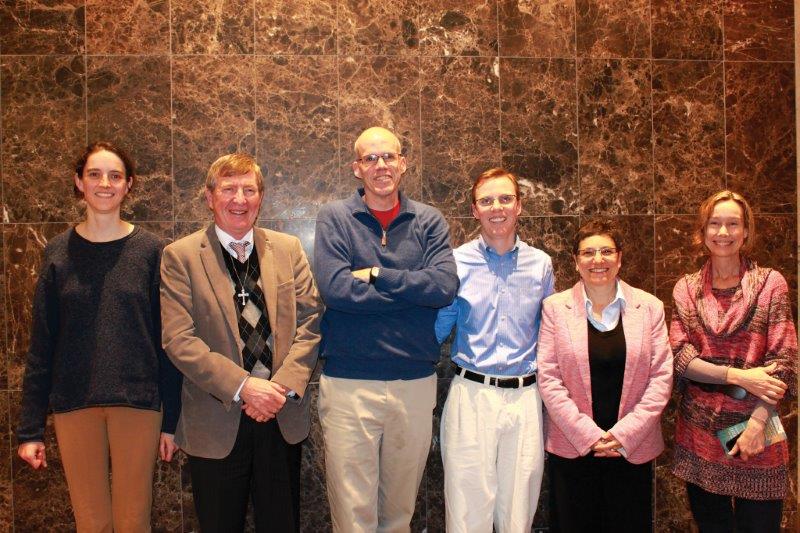
At the last Synod meeting for the Uniting Church in New South Wales (NSW) and the Australian Capital Territory (ACT), a bold decision was made to divest in companies involved in the extraction of fossil fuels (coal and coal seam gas) as they seek to invest, instead, in renewable energy. It was a big step for the Synod, and a decision that wasn’t taken lightly.
But what is ethical investing, and why should we be thinking about it?
When money is invested into an account, the financial institution’s role is to make the most out of it they can, by buying and selling shares – this is where ethics comes in. Without doing the research, you could unknowingly be buying shares in companies involved in weapons, gambling or tobacco, just to name a few.
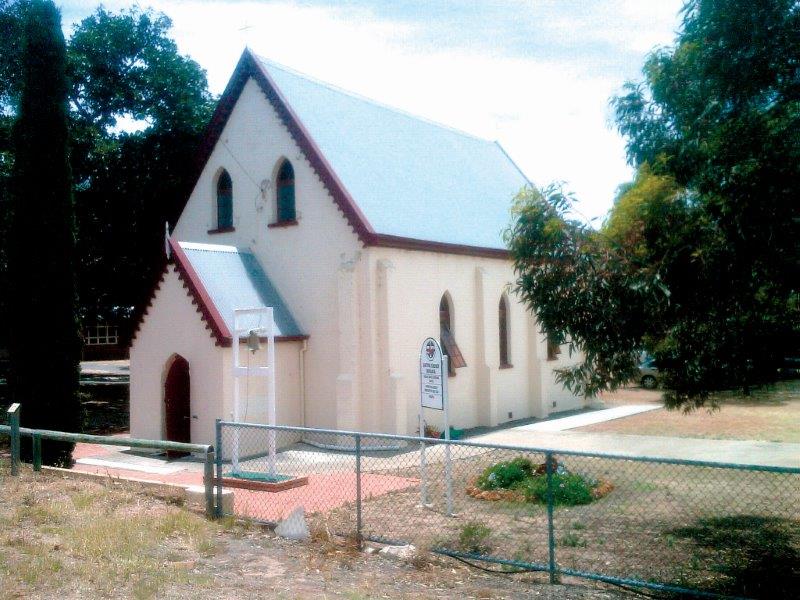
‘A rural community is people living across a wide rural-based area serviced by a small town (often with limited facilities) which is a central hub for interdependent activities which meet social, commercial, educational and spiritual needs.’ Rural Ministries Working Group
Jesus came and lived amongst people, ministering to people, loving people. The church is a community of people who are bound by that rule of love, giving of themselves for one another as Jesus gave himself for them (John 13). The community of the church is called to live that life of love in all aspects of its life which includes in the wider community. Community in a rural setting tends to be far more intense than in the city. In our small country towns each person is known to the other through the network of community groups in the town. In pastoral care of each other this both helps and hinders the local church community. Everyday pastoral care comes naturally to those we know, and the church community relates easily to the whole community.
Building community with – not for – young people is one of the main principles of the First Third concept. The idea being that people feel more connected and included while breaking down the ‘us and them’ paradigm that so often exists between the generations.
In the Metro West Region, Jessica Morthorpe, First Third specialist, is trialling a new path for the region, moving on from the old youth group model and encouraging mentorship through participation in small interest groups.